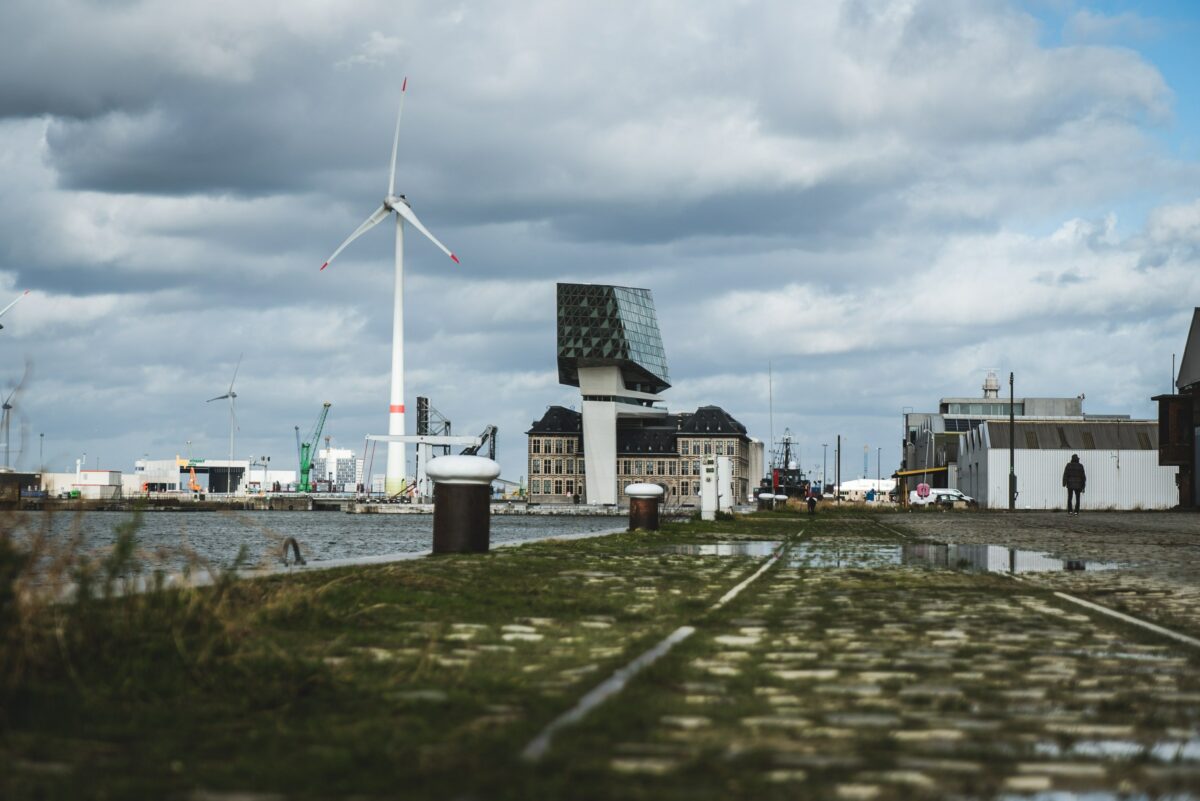News


We are faced with climate change, one of the greatest global threats to mankind and to society on a daily basis. To counter its effects energy consumption and the quantity of CO₂ in the air must be reduced. CO₂ reduction with 50-55% by 2030 was therefore accepted as a primary goal in the Climate Plan. Apart from sensitising families and supporting private initiatives, industry is facing a complex challenge (Klimaatportaal Vlaanderen 2021).
While implementing improvements step by step industry should simultaneously be compliant and remain profitable. That is why former Flemish Minister for Work, Economy, Innovation and Sports, Mr Philippe Muyters, already in 2019, took measures with "Moonshot", an innovation programme contributing significantly to CO₂ reduction in Flanders. By means of this long-term investment for 20 years Flanders challenges promising research to develop technologies that may lead to a breakthrough. Any innovation demonstrating its capacity for a substantial decrease in CO₂ exhaust, enhanced CO₂ extraction or improved CO₂ recovery will be subsidised (De Kinderen, 2019).
LiNK Engineering Group aims deliberately at a more sustainable future and monitors developments in energy transition and the European Climate Agreement, which are developing rapidly. Existing technologies are improving constantly, with enhanced efficiency, lower operational cost and more extensive solutions for technical problems.
We support our clients in energy transition and offer services to energy and utility companies, particularly in the industrial sector. The chemical, refinery and steel sector play an important role in this, as they supply the basis structural elements with which other sectors are able to make their products and processes more sustainable. LiNK Team supports any project to rethink current production processes involving a substantial reduction in CO₂ exhaust. Among these are projects in the area of:
Next, we closely monitor the latest evolutions in equipment in line with market conditions.
In the short term LiNK Engineering Group is already offering a contribution by deploying plug-in hybrid company cars. Registration figures from the Automobile Association Febiac prove that such vehicles produce considerably less CO₂, i.e. 107,9 gr CO₂/km in 2020, which is 12% lower than in 2019 (Vanacker, 2021).
LiNK-team is convinced that together we will be able to build a successful climate strategy if we all go for reduced CO₂ production and more CO₂ recycling.